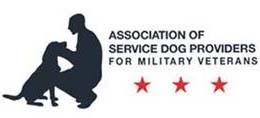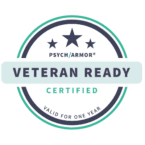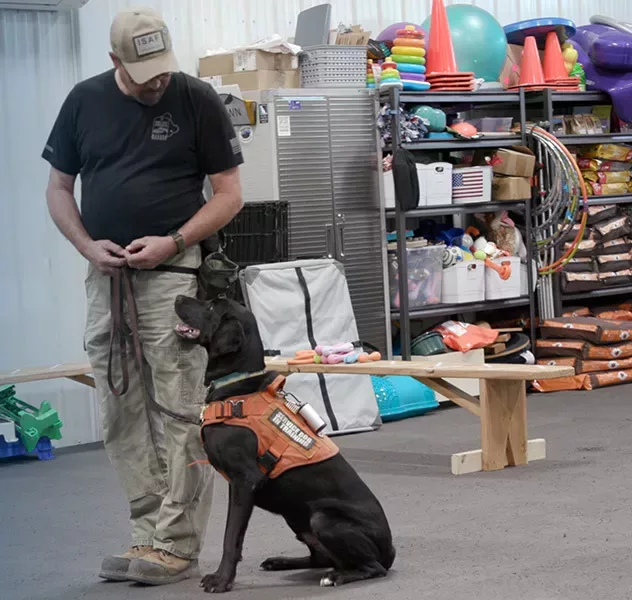Question, Persuade, Refer
Everyone has a role in suicide prevention
Suicide Prevention and Awareness for All Montanans
Why it matters and how you can save a life

On average, one person died by suicide every 33 hours in Montana in 2020.

Montana has ranked in the top 5 for rate of suicide in the nation for the past 40 years. In 2020, Montana ranked #2 among all 50 states.

The Rocky Mountain region has the highest suicide rates in the country. This is attributed to multiple factors, including social isolation, access to lethal means, substance abuse, Vitamin D deficiencies, socio-economic pressures, altitude, and high stigma surrounding mental illness.
Suicide is not chosen.
Suicide Happens when the Pain Exceeds the Ability to Cope.

QPR stands for QUESTION, PERSUADE, and REFER. These signify the 3 core steps to this approach of suicide prevention and awareness training.

It’s the same technique first responders and educators use with individuals contemplating suicide.

The mission is to recognize at-risk and suicidal individuals, identify their suicidal communications, and get them to needed services.

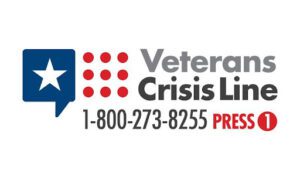

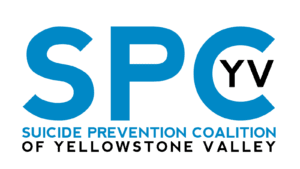
Frequently Asked Questions
What is QPR?
QPR stands for Question, Persuade, Refer – the three core steps to this specific approach of suicide prevention and awareness training.
Basic Principles of QPR
The foundation of QPR’s effectiveness is based on the belief, and growing research, that those most-at-risk for suicide do not self-refer. The mission to locate these at-risk individuals, identify their suicidal communications, and get them the services they need is at the heart of QPR.
QPR and CPR
QPR – mirrored after the commonly known acronym, CPR – shares more similarities with this life saving medical intervention tactic than initially thought. QPR is an “emergency mental health intervention” ultimately aimed to identify and effectively interrupt a crisis and direct that person to proper care resources.
Like CPR, QPR follows the Chain of Survival elements that CPR does.
- Early Recognition: The sooner warning signs are detected and help is provided, the better the outcome of a suicidal crisis will be.
- Early QPR: Asking someone about the presence of suicial thoughts and feelings opens up a much-needed dialogue that may lead to someone actually seeking and finding help.
- Early intervention and referral: Referring a person in crisis to legitimate, helpful local resources or even the nationwide suicide crisis hotline (1-800-273-TALK) is critical for effective QPR intervention.
- Early Advanced Life Support: Early detection and action results in better outcomes for the person in crisis and community as a whole.
Information sourced from: https://qprinstitute.com/about-qpr
Is QPR effective?
QPR is the same technique first responders and educators use with individuals contemplating suicide. It is a nationally-used, evidence-based training that assists people in learning how to recognize the warning signs of suicide crisis and to take effective action.
How long is QPR training?
There are various levels of QPR training, however the beginning “Gatekeeper course” can be completed in one hour. This is the course that our certified Executive Director presents to all groups or individuals that inquire about getting trained in QPR.
Request a QPR Training
As a QPR-trained individual, group, or club, you will be able to recognize the warning signs of suicide, know how to offer hope to someone in crisis, and know how to get help and ultimately save a life.
Interested in becoming a QPR-certified entity? Fill out the form below that will connect you with our Executive Director, DeeDe Baker, who is a certified QPR gatekeeper trainer. QPR presentations are at NO COST to the presented group.

